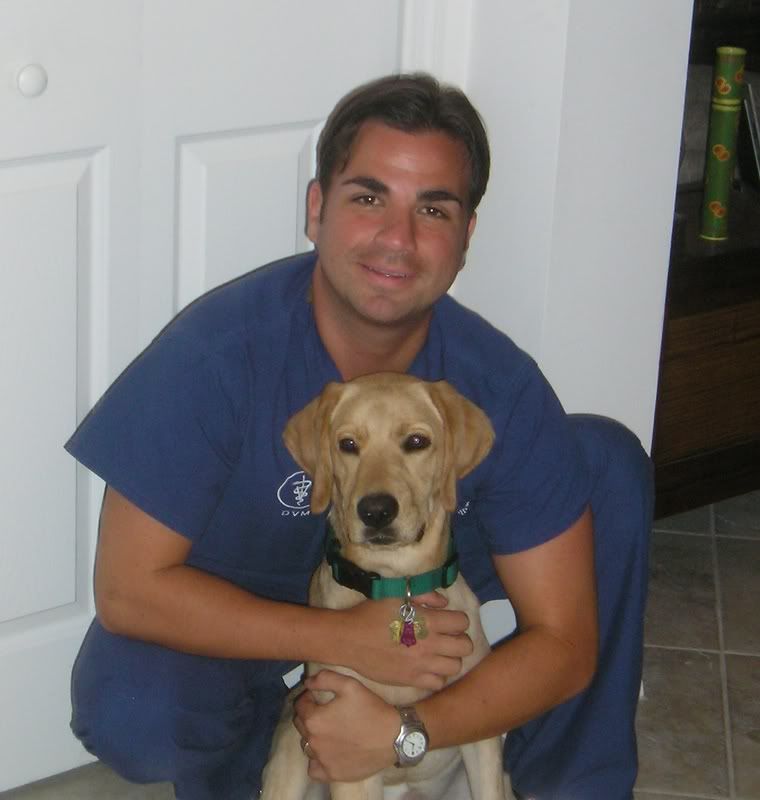Transcript from this week's episode of The Web-DVM:
Health and wellness web portal...for pets?
Most people are familiar health and wellness mega webportals, large internet resources for people to access trusted information regarding the management of their own health and wellness. People have been benefitting from disease awareness, wellness tips and gathering health informaiton from sites of these kind for years.
With pet owners passionate about the health and wellness of their pets at a level never before seen and growing exponentially, their subsequent demand for accurate, trusted information has led to the creation of PetMD.
PetMD.com includes a wealth of pet content, directories, and interactive tools all designed to strengthen the human-pet bond. PetMDs content is provideded by pet health care professionals base on their specialties, and said content goes through a very thorough process of fact checking and editing prior to publication.
PetMD's health library offers an array of health channels that span 9 different species, and features informative and fun blogs, such as "The Daily Vet" and "Fully Vetted" PetMD's news center reports the latest news and information about the world of pets. Given its wealth of pet resources and people's love of their pets, PetMD receives 500,000 unique visitors per month.
PetMD offers e-mail news alerts with a subscriber list of ver 280,000. Given the ever growing commitment of pet owners to the care of their pets, in addition to PetMDs phenomenal commitment to providing continuous quality information and tools, this site clearly rivals WebMD on the veterinary side of health and wellness.
The advent of PetMD.com is very exciting for pet health care professionals, as it is confirmation that our advocacy of pet wellness does not fall on deaf ears, and that pet owners are becoming increasingly proactive about the wellness of their furry familar members.
I will be following up this broadcast with a live interview with a spokeperson from PetMD, named nicolas on the next broadcast of my internet radio show, Veterinary Advice, Animal News and Views, airing live this Wednesday, 9PM EST.
This is Roger welton, reporting, for The Web-DVM.
Don't forget to catch my live call-in radio show Wednesdays 9PM EST. Listen via podcast live or archived here:
Blog Talk Radio
Dr. Roger Welton is the President and chief veterinarian at Maybeck Animal Hospital in West Melbourne Florida, as well as CEO of the veterinary advice and health management website Web-DVM.net.



